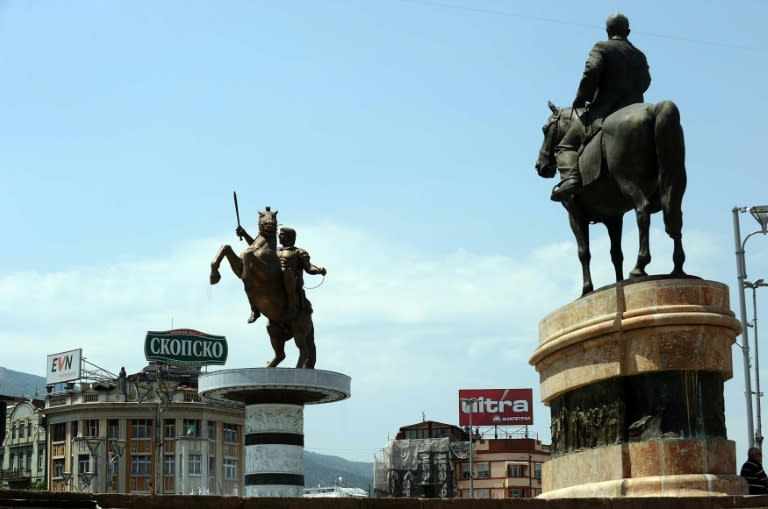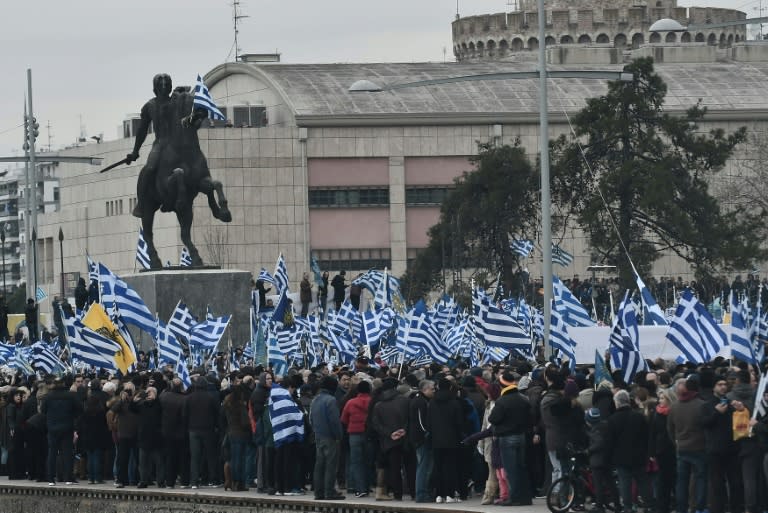Athens wants 'untranslatable' name for Macedonia
Greece said on Tuesday it wanted Macedonia to adopt an "untranslatable" name in order to settle a long-running dispute between the two countries, as a UN envoy said the time was right for a solution. "I think there is a will here, and I believe also in Skopje, to try to reach a settlement," UN mediator Matthew Nimetz told reporters after talks with Greek Foreign Minister Nikos Kotzias. "We should seize the momentum. Slowing things down doesn't make any sense... There's a time for decision-making and I think we're there," said the 78-year-old, who has been involved with the issue since 1994. Greece considers the name "Macedonia" to be part of its own cultural heritage, as it is also the name of a historic Greek province that was the core of Alexander the Great's ancient empire. The Greek government also fears that the use of the name by its neighbour implies a claim to parts of its own territory. The dispute has remained unresolved since the former Yugoslav republic's independence in 1991. "The first thing to discuss is a name in the language or languages of the neighbouring country which cannot be translated in any other language," Greek Foreign Minister Nikos Kotzias told ERT television. He added that Athens will submit a draft proposal to Skopje in February. "We're talking about, in my view, weeks of discussion, to see where we are, and then we'll have to reassess it," Nimetz said Tuesday. Kotzias said any future agreement would have to be ratified by the Greek parliament, and that changes to Macedonia's constitution would also be necessary. The fresh push for a solution follows the election last June of Macedonian Prime Minister Zoran Zaev, who says he is ready to settle the dispute. Last week Nimetz proposed four alternative names in Macedonian, including "Republika Nova Makedonija" or the "Republic of New Macedonia". On Tuesday, the UN envoy said some of his proposals had been leaked, without elaborating. Because of Greece's objections, Macedonia entered the United Nations under the name of the Former Yugoslav Republic of Macedonia (FYROM). A resolution of the issue is needed before Macedonia can join NATO or the EU, with Greece previously threatening to veto its entry over the dispute.



